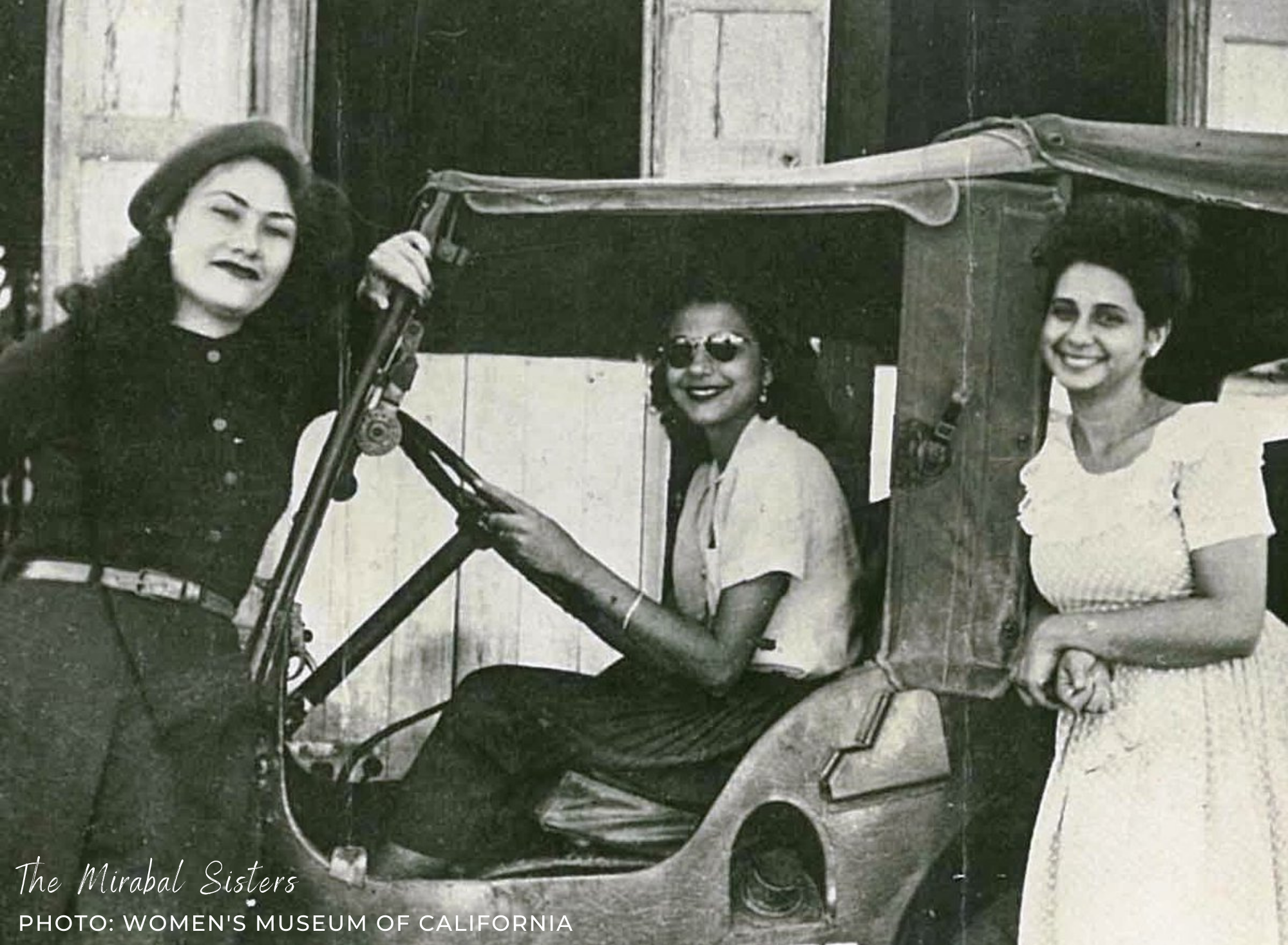As I reflect on the past week and prepare for the coming one, the title of this blog means so much more than one might think. Several things have me contemplating loss and the importance of remembering what it can teach us.
This week has been one where so many of us have been consumed by the US Presidential election. It is rare that I wade into politics in my role as Principal, as I am cognizant that our school community is comprised of diverse perspectives which I believe are important to consider, and from which we must challenge ourselves to learn. However, make no mistake, I could not be happier to see Vice President-elect Kamala Harris, a strong woman of Black and South Asian descent, make history. Girls and young women must ‘see it to be it’, and Harris is a role model for them all to show what is possible. As Harris said in her speech on Saturday night, “I hope every little girl watching tonight sees that this is a country of possibilities…While I may be the first, I won’t be the last.” Having said this, the race was one that magnified division. Beyond the specific election result, we must not lose sight of the loss and inequity that so many have experienced for hundreds of years. We must- we cannot- let those losses and their impact fade away.
I was also reminded of the imperative of never forgetting the losses and inequities that have happened for centuries as I commenced a Harvard Graduate School of Education (HGSE) course on Schooling for Critical Consciousness of Racism and Racial Injustice this weekend.
Critical consciousness, defined by scholars as the capacity to recognize oppressive social forces shaping societies and taking actions against them, is an important approach to learning that encourages social analysis, political agency, and social action. As I read one of the course readings, James Baldwin’s A Talk to Teachers, it reminded me of the peril of forgetting loss. In it he writes, “The obligation of anyone who thinks of himself as responsible is to examine society and try to change it and to fight it – at no matter what risk. This is the only hope society has. This is the only way societies change.” This letter was written in 1963 and as I read it I thought about the decades of continued inequities, the increasingly evident divides in our societies, and, most importantly, the imperative to work alongside our students and encourage them to ‘examine society and try to change it and to fight it.’
Finally, we will mark Remembrance Day this week, a day our country collectively honours and remembers those who have served, and continue to serve Canada during times of war, conflict, and peace. We must broaden our remembrance to remember ALL Canadians who have fought on our behalf and consider the inequities experienced by Black and Indigenous soldiers who, while fighting for the same goal of peace for our country, were often discriminated against and whose contributions as a result often went unrecognized.
The feeling of loss is challenging. One is left with a sense of emptiness, sadness, and sometimes hopelessness. But loss can, if we let it, be a catalyst for growth. Time to mourn is important, but we must also challenge ourselves to take the lessons of loss, consider everyone affected, and ensure that this contributes to lasting, positive change for all.

